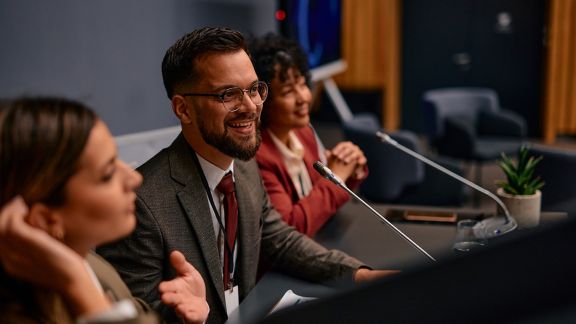SABES Guatemala Evaluation

Problem
Save the Children wanted to understand the SABES program’s impact on literacy, health, and nutrition among school-aged children in Quiché, Guatemala.
The SABES program aims to improve literacy, health, and nutrition among school-aged children in Quiché, Guatemala. Save the Children sought a comprehensive evaluation to assess the program’s effectiveness in achieving its strategic objectives, including enhancing the quality of literacy instruction, increasing student attentiveness and attendance, and promoting better health and dietary practices. To enhance sustainability, the program engages local farmers as food suppliers for schools in their communities. Save the Children seeks to understand how well the program is reducing health-related absences and improving access to local agricultural markets. This evaluation is crucial for informing future program improvements, ensuring accountability to funders, and demonstrating the program’s value to stakeholders.
Solution
NORC is conducting a comprehensive evaluation to measure the impact of SABES interventions.
NORC at the University of Chicago is conducting a rigorous, mixed-methods evaluation to assess the SABES program’s performance and impact. We will collect quantitative data through surveys, literacy assessments, and anthropometric measurements in 90 schools. In addition, we will collect qualitative data through focus group discussions and key informant interviews with parents, teachers, principals, local producers, and government officials. The evaluation will include baseline, midline, and endline assessments to measure changes over time and provide actionable insights for program improvement. We will also conduct a special study to estimate the long-term impact of SABES and its predecessors on student outcomes using administrative data. The evaluation will consider factors such as health access and the effectiveness of bilingual education.
Result
Our evaluation will provide evidence-based recommendations to enhance SABES’ effectiveness and sustainability.
Our evaluation will generate valuable findings on the effectiveness, efficiency, relevance, impact, and sustainability of the SABES program. Key deliverables will include detailed reports, policy briefs, and infographics that summarize the findings and highlight lessons learned. The results will inform program implementation, support decision-making by stakeholders, and contribute to the broader knowledge base on school feeding and literacy interventions. The evaluation will also provide recommendations for improving program strategies and ensuring long-term sustainability.
Related Tags
Project Leads
-
Alejandro Ome
Principal Research ScientistPrincipal Investigator -
Ingrid Rojas
Senior Research ScientistMixed Methods Expert








